

Charting the future: Key Development Prospects within the Framework of the Uzbekistan 2030 Strategy

On December 12, 2023, Tashkent hosted the international conference Designing the Future: Key Development Prospects within the Framework of the Uzbekistan 2030 Strategy. The conference provided an open platform for experts to discuss transformation processes in the country, existing challenges, and promising areas of development, taking into account global trends in technology and geopolitical realities.
The Center for Progressive Reforms organized the event in partnership with the Institute of Macroeconomic and Regional Studies, the New Uzbekistan University, and the Europe-Uzbekistan Association for Economic Cooperation with the assistances of The Public Fund for the Support of NGOs and other civil society institutions under the Oliy Majlis.
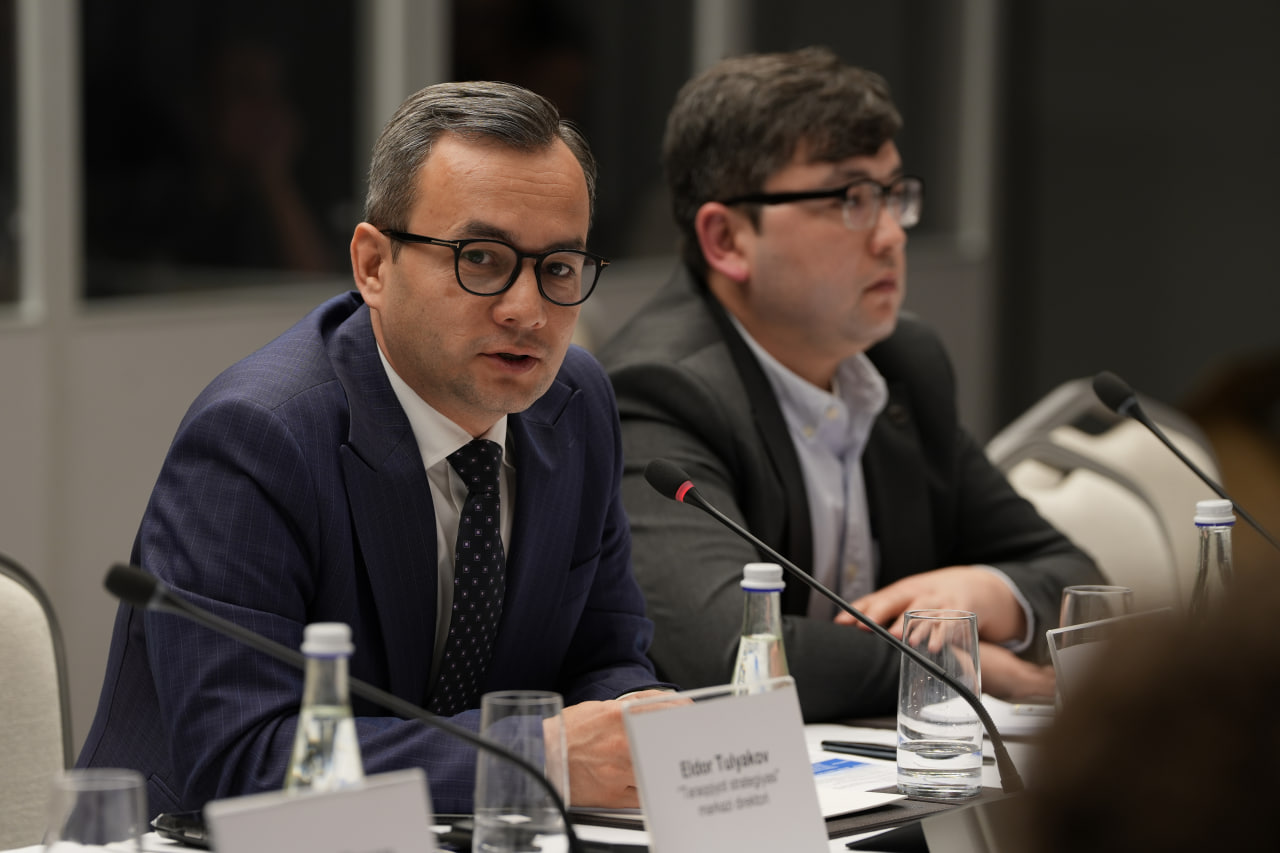



Representatives from various national and international organizations, including experts, leaders, managers, and executives attended the conference to analyze, research, develop, implement, and coordinate priority programs and projects within the framework of the Uzbekistan 2030 Strategy.
It is worth noting that Uzbekistan has undergone significant transformation since 2017. Today, Uzbekistan is a dynamic participant in the global community, embracing modern trends and taking a proactive approach to shaping the regional agenda.
Reforms in the country have gained momentum, and Uzbekistan has entered a new development trajectory. The socio-political, economic, educational, and scientific environment has become more complex and multifaceted. The adoption of the Uzbekistan - 2030 Strategy and the further evolution of the philosophy of reform, with the key concept being "person - society - state", was a natural progression. The agenda includes tasks such as transforming the national economy, promoting economic growth, building an inclusive and sustainable society, creating efficient energy, adapting to climate change, and mitigating its consequences.
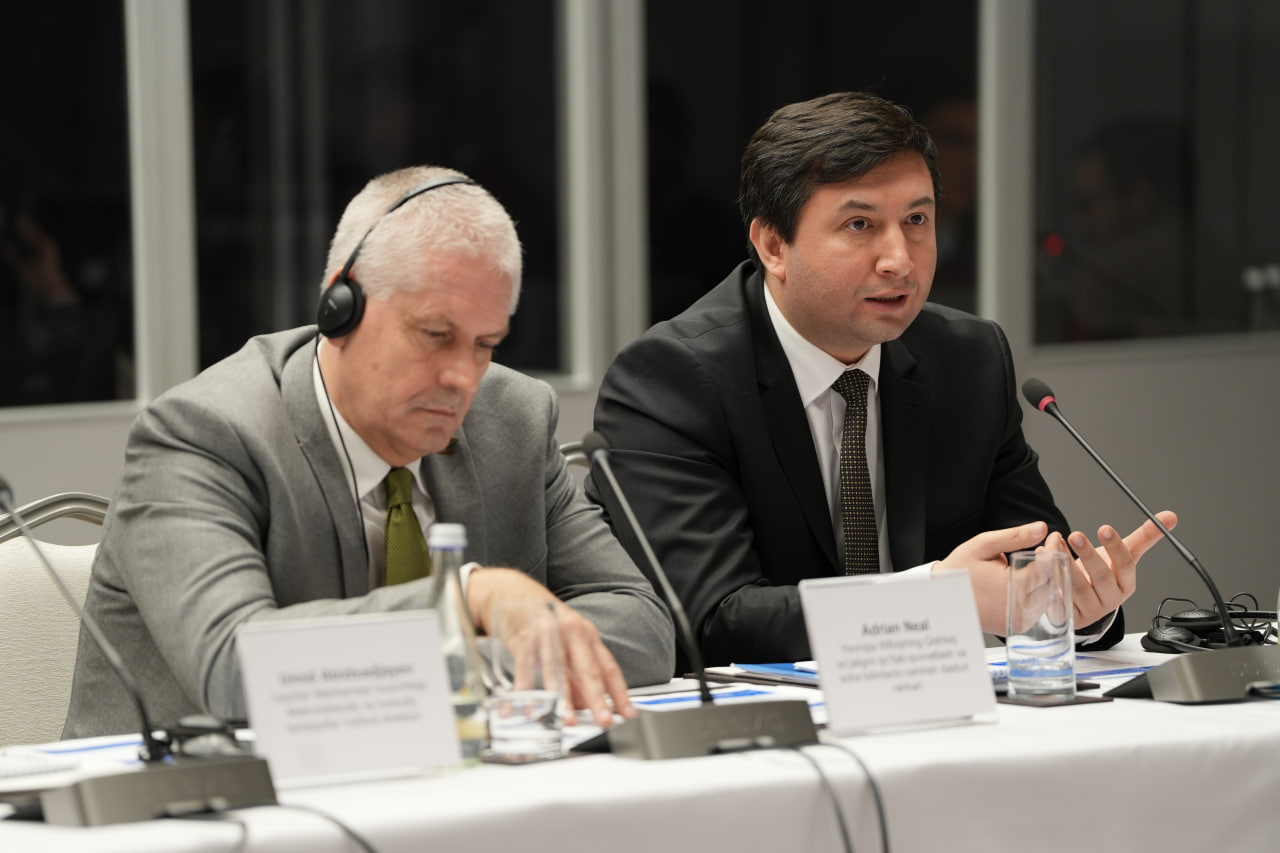

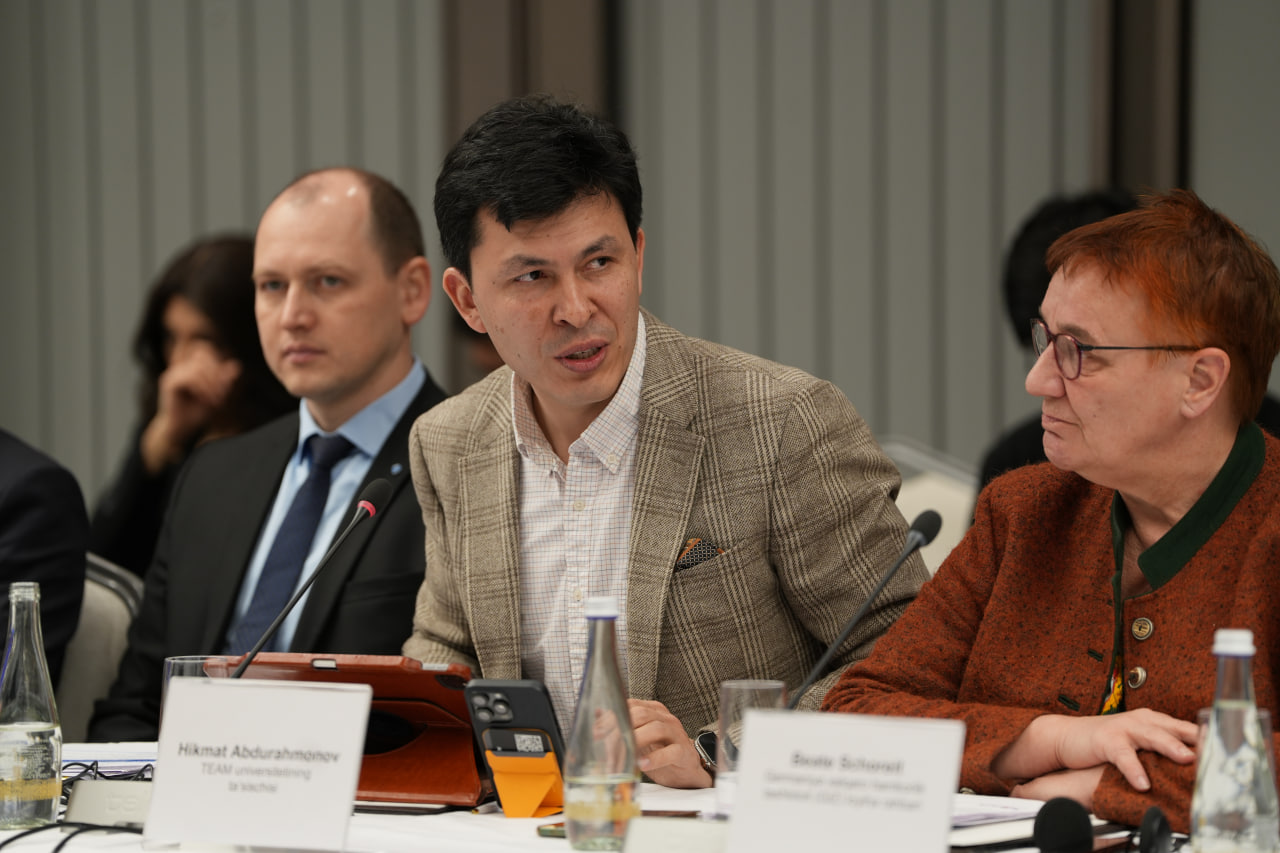

The Uzbekistan 2030 Strategy sets ambitious goals that require the consolidation of intellectual resources in society, coordination of industry and sectoral plans and programs, and cooperation with the international community. It is important to systematically exchange information and project ideas between various expert platforms. Dialogue between the expert community and the government should also be prioritized.
The conference facilitated the exchange of ideas and experiences among various stakeholders. It aimed to provide a comprehensive understanding of the reform process and its potential impact on the regional and global socio-economic and political situation.
Notably, the Strategy “Uzbekistan - 2030” outlines 17 goals to ensure the well-being of the population through sustainable economic growth. Thus, the plan is to double the economy and increase the gross domestic product to $160 billion within the next 7 years. Additionally, the goal is to raise the GDP per capita from $2,200 to $4,000.
Economic development experts suggest that Uzbekistan's economy has the potential to become the most developed in the region in the coming decades, bringing not only itself but also neighboring republics into the ranks of moderately developed countries. To achieve this, $250 billion of investment will be required by 2030, with $110 billion planned to be raised through foreign investment and $40 billion through public-private partnerships.

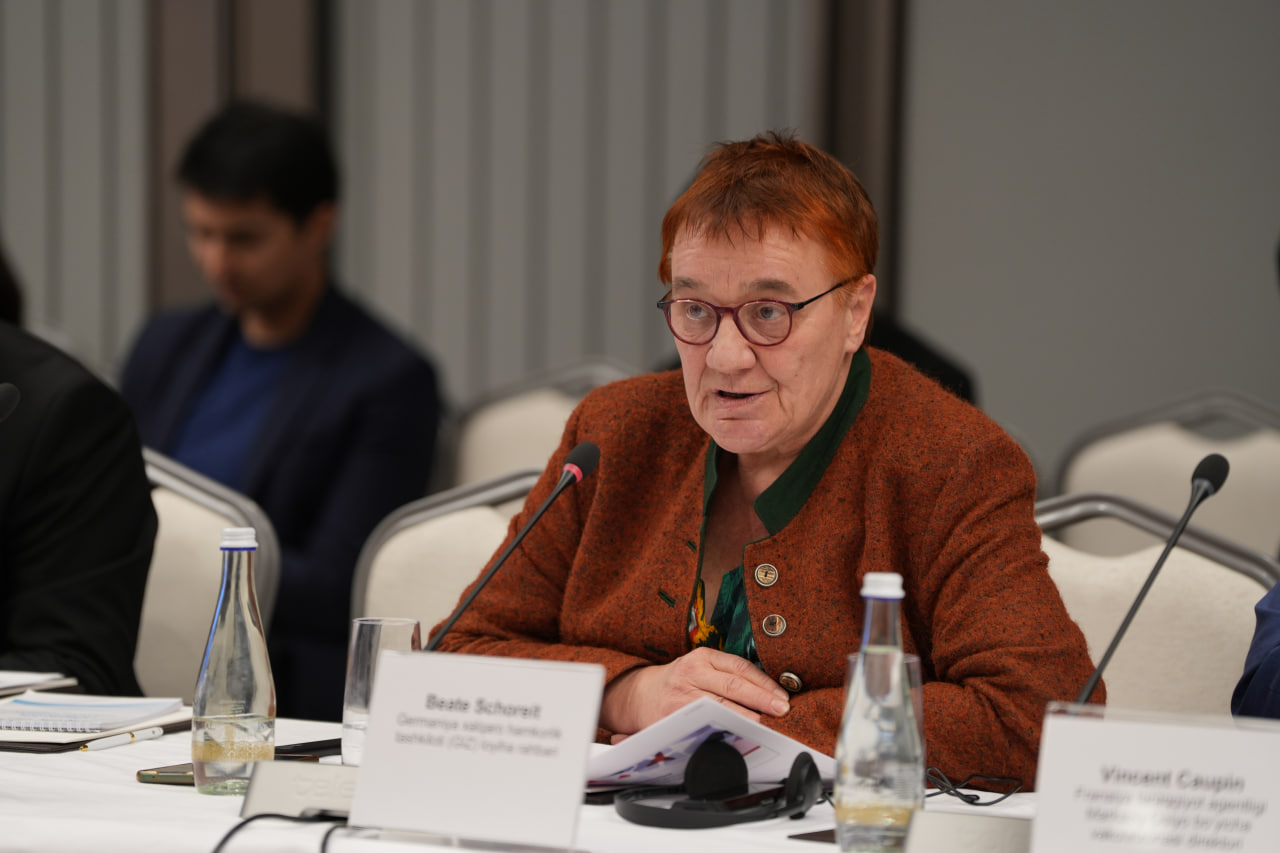
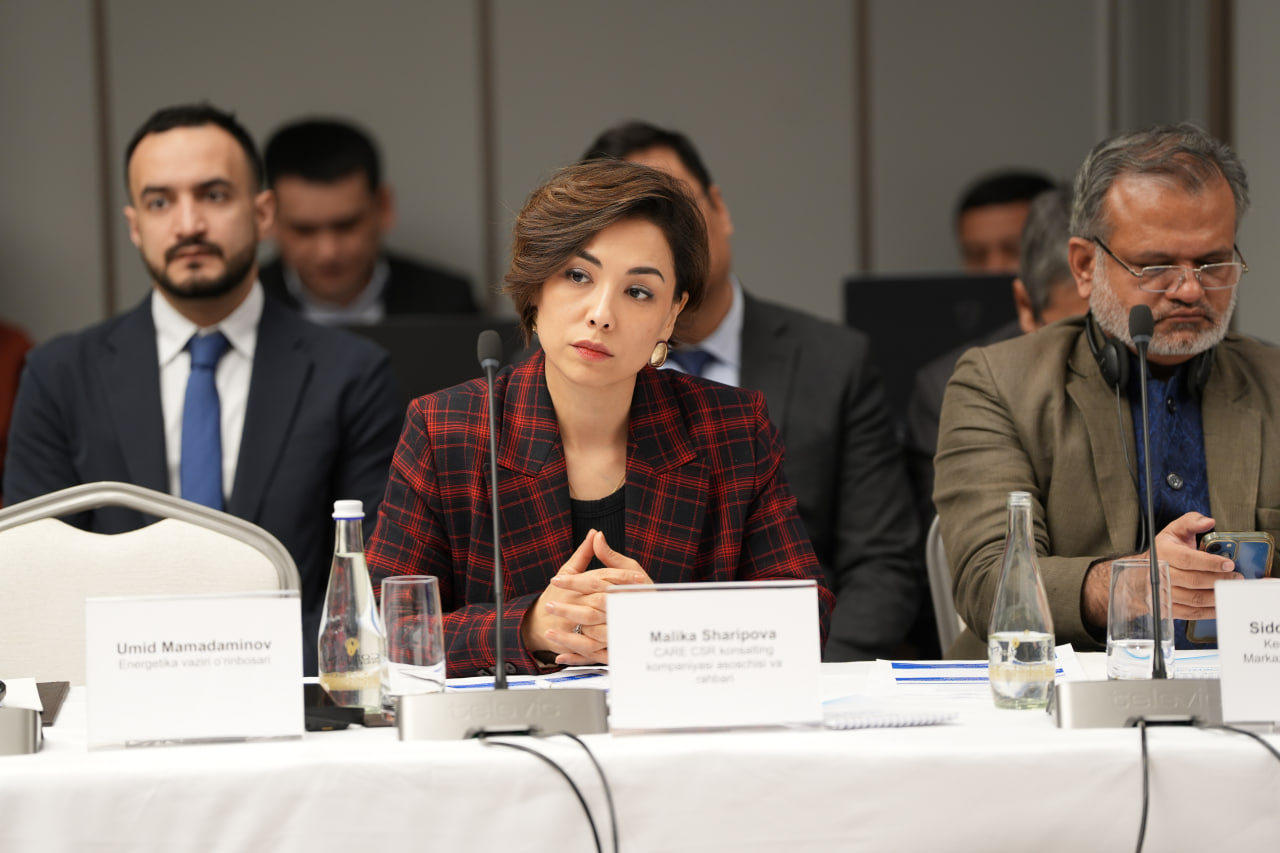
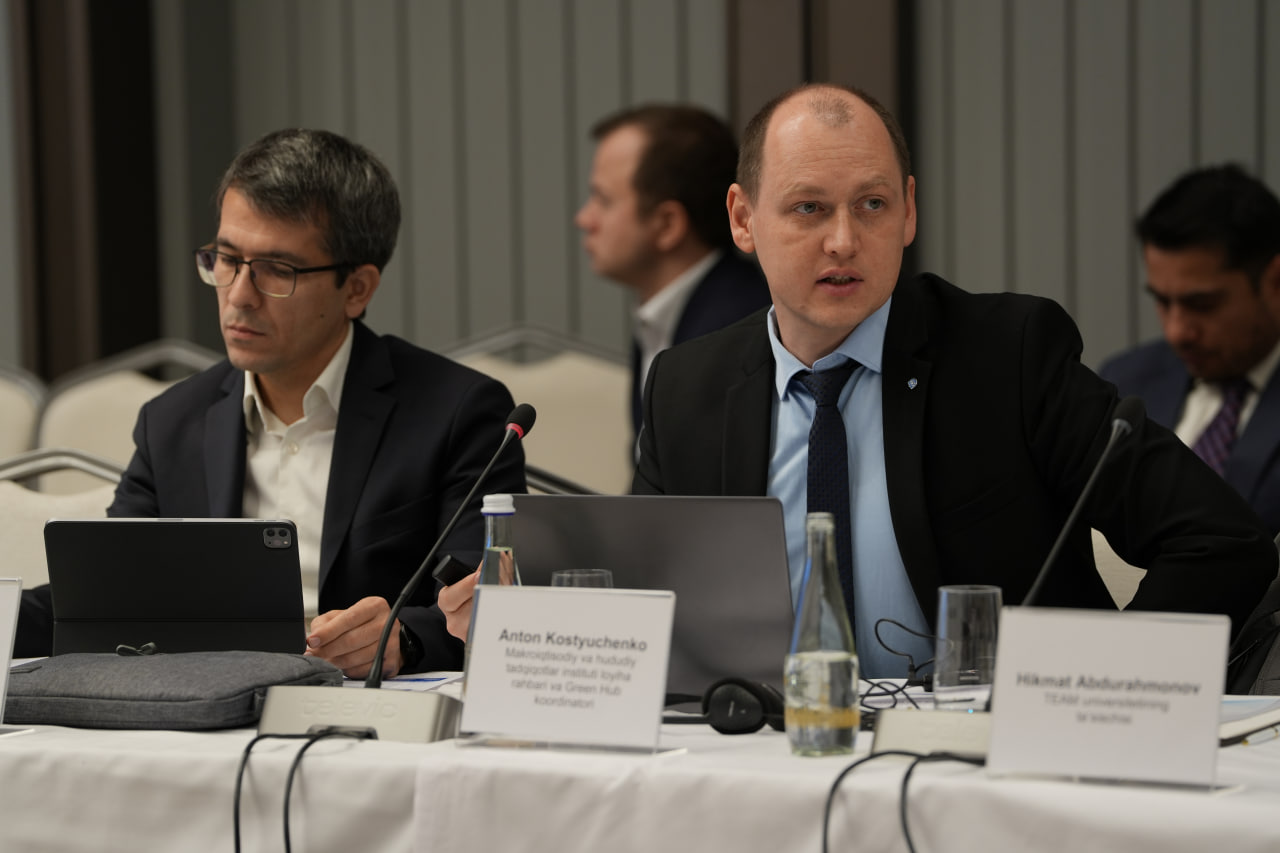
During the conference, key topics such as economic transformation and growth strategies, building an inclusive and sustainable society, and energy and climate strategies were covered. Throughout the discussions, the focus remained on individuals, their rights, and legitimate interests as central to the transformations taking place in Uzbekistan. Investments in human capital, knowledge, and innovation, as well as the transition to a green economy, are considered priorities for economic development. These are essential for increasing competitiveness and ensuring sustainable development of the country.
Experts suggest that a national strategy for green economic growth, which focuses on sustainable and efficient use of natural and energy resources, can enhance resilience to natural disasters and climate change by minimizing environmental pollution. Global experience indicates that implementing green technologies across various economic sectors can improve the quality of life for the population. Living in cities can be more pleasant and comfortable, improving quality of life and increasing lifespan while reducing child mortality rates.
The participants of the discussion developed proposals and recommendations for achieving the goals of the Uzbekistan 2030 Strategy in a more resource-efficient manner, utilizing advanced scientific, methodological, and innovative approaches.